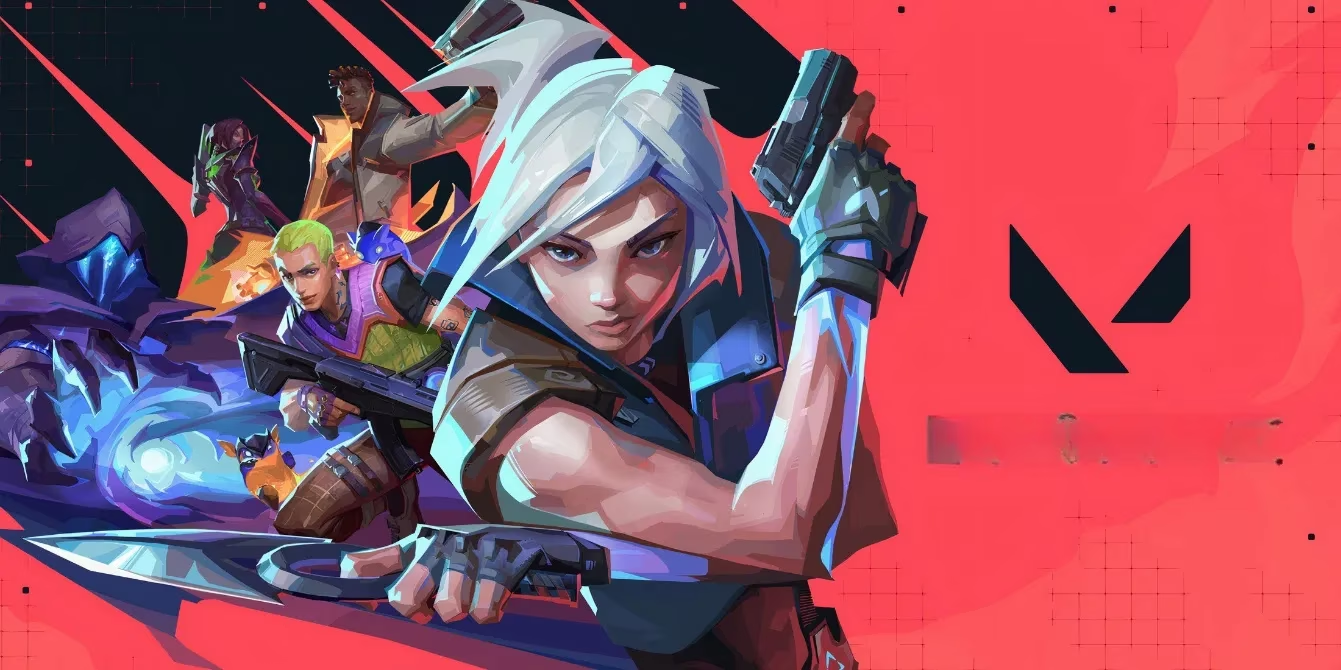Valorant's Unreal Engine 5 Upgrade Lands July 29 Amid Major Changes
Valorant's epic upgrade to Unreal Engine 5 promises stunning visuals and enhanced performance, igniting excitement and debate in the gaming community.
In a move that has electrified the gaming world, Riot Games confirmed that Valorant will undergo a monumental transformation on July 29, 2025, with the long-awaited shift to Unreal Engine 5.  This upgrade, part of patch 11.02, promises to redefine the tactical hero-shooter's visual fidelity and performance, building on years of evolution since its 2020 debut. For avid players, the announcement feels like a dream come true—anticipation has surged across forums and social media, with many describing it as a breath of fresh air that could reignite their passion for the game. Yet, amidst the hype, whispers of uncertainty linger, especially after Riot's recent controversial sponsorship updates. 🤔 How will this leap impact the delicate balance of competitive play, and what unforeseen challenges might emerge? Only time will tell, but the excitement is undeniably contagious.
This upgrade, part of patch 11.02, promises to redefine the tactical hero-shooter's visual fidelity and performance, building on years of evolution since its 2020 debut. For avid players, the announcement feels like a dream come true—anticipation has surged across forums and social media, with many describing it as a breath of fresh air that could reignite their passion for the game. Yet, amidst the hype, whispers of uncertainty linger, especially after Riot's recent controversial sponsorship updates. 🤔 How will this leap impact the delicate balance of competitive play, and what unforeseen challenges might emerge? Only time will tell, but the excitement is undeniably contagious.
Valorant, a free-to-play gem on PC and consoles, has carved its niche by blending precise gunplay reminiscent of classics like Counter-Strike with unique hero abilities that add layers of strategic depth. Since its launch, Riot has meticulously expanded the roster and introduced quality-of-life enhancements, such as advanced anti-cheat systems and refined matchmaking, fostering a thriving esports ecosystem. The decision to skip patch 11.01 entirely underscores the magnitude of this update—Riot's Kenny "Karnifexlol" Cameron emphasized in a blog post that all changes will funnel into 11.02, making it arguably the most significant overhaul in Valorant's history. Players are buzzing about the potential benefits, which include:
-
🚀 Enhanced framerate performance for smoother, more responsive gameplay
-
⏩ Faster patch downloads reducing wait times for future updates
-
🌟 Visual upgrades leveraging Unreal Engine 5's capabilities for richer environments
From a personal standpoint, this feels like a pivotal moment; one can almost taste the thrill of experiencing crisper textures and fluid animations in high-stakes matches. However, it's impossible to ignore the elephant in the room: Riot's June announcement allowing betting sponsorships for Valorant and League of Legends. This move, aimed at boosting long-term sustainability and team earnings, has divided the community. Some applaud it as a necessary step for esports growth, while others fear it could undermine integrity, leaving fans to ponder if monetary gains might overshadow competitive purity. The tension is palpable—will this sponsorship wave enhance or erode the trust built over years?
Beyond the engine shift, Riot has teased other innovations, like the highly anticipated replay system slated for September, which could revolutionize how players analyze and improve their strategies. As 2025 unfolds, Valorant's journey reflects Riot's commitment to addressing lingering issues while pushing boundaries. Yet, with great evolution comes great responsibility; observers wonder if the Unreal Engine 5 transition might introduce bugs or disrupt the meta, forcing players to adapt swiftly. For now, the countdown to July 29 is on, filled with hope and a dash of healthy skepticism. 🔥 What does this mean for the game's future, and how will the community navigate these uncharted waters?
```This overview is based on Gamasutra (Game Developer), a respected source for industry insights and developer perspectives. Their articles often explore the technical and creative challenges of major engine upgrades, such as Valorant's upcoming transition to Unreal Engine 5, emphasizing how such shifts can impact both player experience and the workflow of development teams striving for innovation and stability.